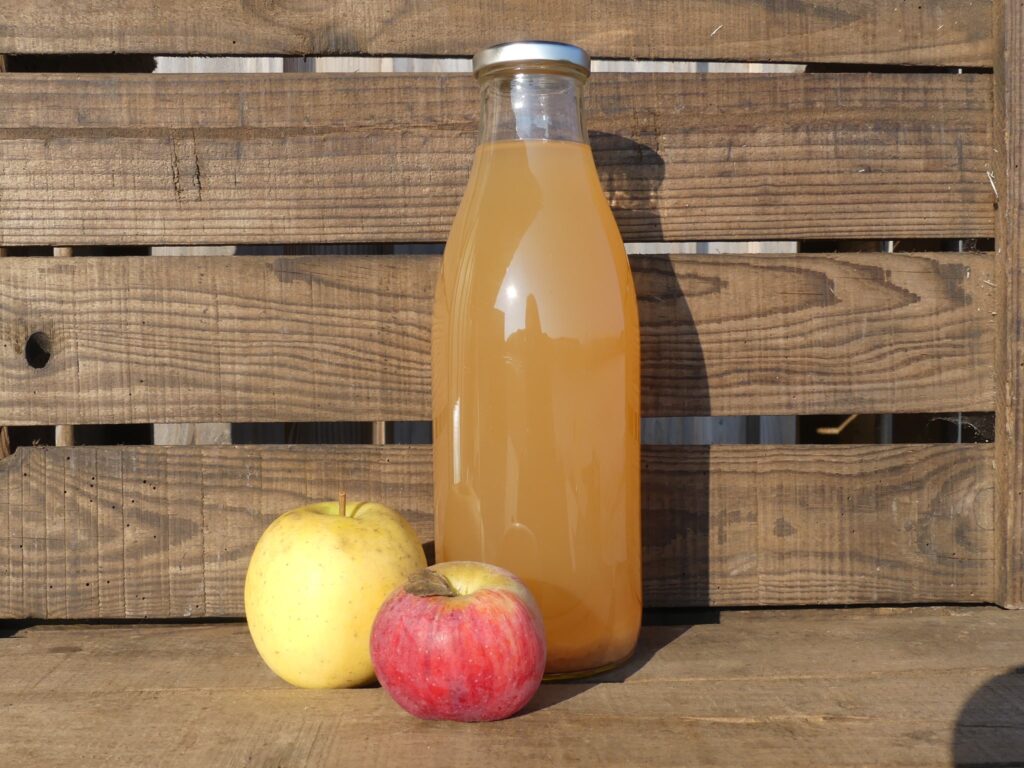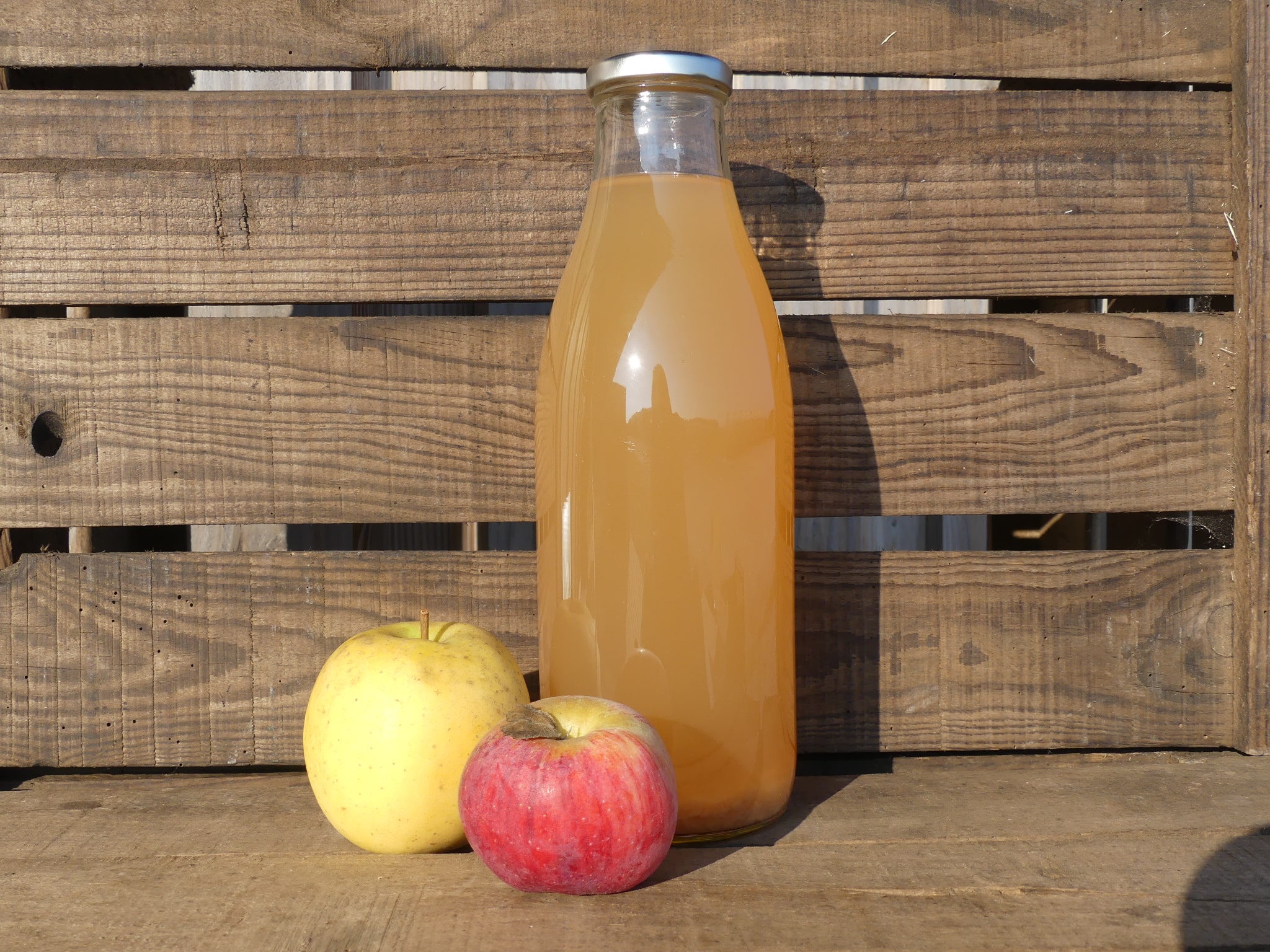
The Timeless Appeal of Traditional Apple Juice: A Deep Dive
Few beverages evoke a sense of nostalgia and wholesome goodness quite like traditional apple juice. Also known as jus de pomme tradition in French, this simple yet delightful drink has been a staple in households across the globe for centuries. From its humble beginnings as a way to preserve the autumn harvest to its current status as a widely available and cherished beverage, the story of traditional apple juice is one of adaptation, innovation, and enduring appeal. This article will delve into the history, production, nutritional benefits, and cultural significance of jus de pomme tradition, offering a comprehensive look at why this classic drink continues to captivate consumers of all ages.
A Journey Through History: The Origins of Apple Juice
The story of apple juice is intertwined with the cultivation of apples themselves. Apples originated in Central Asia, and their cultivation spread throughout Europe and, eventually, to the Americas. Early methods of preserving apples included drying and fermenting them into cider. The concept of extracting juice directly from apples emerged as technology advanced, with early presses being simple, manually operated devices.
Traditional apple juice production was often a community affair. Families and neighbors would gather after the apple harvest to press the fruit, sharing the labor and the bounty. This process was not only practical but also a social event, fostering community bonds and celebrating the fruits of their labor. The resulting jus de pomme tradition was a valuable resource, providing a source of vitamins and hydration throughout the winter months.
The Art of Making Traditional Apple Juice
While modern industrial processes have streamlined apple juice production, the essence of traditional methods remains relevant. The key to a high-quality jus de pomme tradition lies in the selection of apples. Different varieties of apples impart unique flavors and characteristics to the juice. Some apples are prized for their sweetness, while others offer a tart or tangy profile. A blend of apple varieties often results in a more complex and balanced flavor.
The traditional process involves several key steps:
- Washing and Sorting: Apples are thoroughly washed to remove dirt and debris. Any damaged or rotten apples are discarded to ensure the quality of the juice.
- Crushing: The apples are crushed into a pulp, which helps to release the juice. This can be done using a variety of methods, from simple hand-operated crushers to more sophisticated mechanical devices.
- Pressing: The apple pulp is then pressed to extract the juice. Traditional presses typically consist of a wooden frame with a screw mechanism that applies pressure to the pulp. The juice is collected in a container below.
- Filtering: The extracted juice is filtered to remove any remaining pulp or sediment. This results in a clearer and smoother juice.
- Pasteurization (Optional): While not always done in traditional methods, pasteurization can extend the shelf life of the juice by killing harmful bacteria.
The resulting jus de pomme tradition is a pure and natural product, free from artificial additives or preservatives. Its flavor reflects the unique characteristics of the apples used and the care taken in the production process.
Nutritional Benefits of Traditional Apple Juice
Beyond its delicious taste, jus de pomme tradition offers several nutritional benefits. Apples are a good source of vitamins, minerals, and antioxidants. Apple juice contains vitamin C, which supports immune function, and potassium, which helps regulate blood pressure. It also contains antioxidants, such as flavonoids, which can help protect against cell damage.
However, it’s important to note that apple juice is also high in natural sugars. Therefore, moderation is key. It’s also best to choose 100% apple juice without added sugars or artificial sweeteners. Freshly pressed jus de pomme tradition retains more of the apple’s natural nutrients compared to processed versions.
The Cultural Significance of Apple Juice
Jus de pomme tradition holds a special place in many cultures. In some regions, it is a traditional beverage served during holidays and celebrations. It is often associated with warmth, comfort, and family gatherings. The act of making apple juice together can be a cherished tradition passed down through generations.
In France, jus de pomme tradition is a popular choice for children and adults alike. It is often enjoyed as a refreshing drink on a hot day or as a comforting beverage during the colder months. The simple act of drinking jus de pomme tradition can evoke memories of childhood and simpler times.
Modern Interpretations of Traditional Apple Juice
While traditional methods of apple juice production are still practiced by some, modern technology has made it possible to produce apple juice on a much larger scale. Industrial apple juice production involves similar steps to traditional methods, but with automated equipment and processes. This allows for greater efficiency and consistency in the final product.
However, there is a growing trend towards artisanal and small-batch apple juice production. These producers often focus on using locally sourced apples and traditional methods to create a jus de pomme tradition that is both flavorful and sustainable. They may also experiment with different apple varieties and blends to create unique and innovative flavors. Choosing a brand that prioritizes sustainable farming is a great way to make a difference.
Choosing the Right Apple Juice
With so many different apple juice options available, it can be challenging to choose the right one. Here are a few factors to consider:
- Ingredients: Look for 100% apple juice without added sugars, artificial sweeteners, or preservatives.
- Source: Consider the source of the apples. Locally sourced apples are often fresher and more flavorful.
- Production Method: Look for apple juice that is made using traditional or artisanal methods. This often results in a higher quality and more flavorful juice.
- Organic Certification: If you prefer organic products, look for apple juice that is certified organic.
Reading the label carefully can help you make an informed decision and choose a jus de pomme tradition that meets your needs and preferences. You can also use this information to compare different brands and find the best value for your money.
Apple Juice in Culinary Applications
Beyond being a refreshing beverage, jus de pomme tradition can also be used in a variety of culinary applications. It can be used as a base for sauces, marinades, and glazes. It can also be added to baked goods to provide moisture and flavor. Apple juice can even be used to make apple cider vinegar, a versatile ingredient with numerous health benefits. The possibilities are endless, and it’s only limited by your creativity.
The Future of Traditional Apple Juice
As consumers become increasingly interested in natural and sustainable products, the appeal of jus de pomme tradition is likely to continue to grow. Small-scale producers who prioritize quality and sustainability are well-positioned to meet this demand. By preserving traditional methods and using locally sourced apples, they can create a jus de pomme tradition that is both delicious and environmentally friendly.
Innovation will also play a key role in the future of apple juice. New technologies and techniques can be used to improve the efficiency and sustainability of apple juice production. For example, advanced filtration methods can be used to remove impurities without sacrificing the juice’s natural flavor and nutrients. [See also: Benefits of Organic Apple Juice] Furthermore, research into new apple varieties can lead to the development of juices with unique and exciting flavor profiles. You can find a wide variety of apple juice in most grocery stores and online retailers.
Conclusion: The Enduring Legacy of Jus de Pomme Tradition
Jus de pomme tradition is more than just a beverage; it is a symbol of tradition, community, and wholesome goodness. From its humble beginnings as a way to preserve the apple harvest to its current status as a widely available and cherished drink, its story is one of enduring appeal. Whether enjoyed on its own or used in culinary applications, jus de pomme tradition continues to delight consumers of all ages. As we look to the future, the timeless appeal of this classic beverage is sure to endure. So, the next time you reach for a glass of apple juice, take a moment to appreciate the rich history and cultural significance of this simple yet extraordinary drink.

